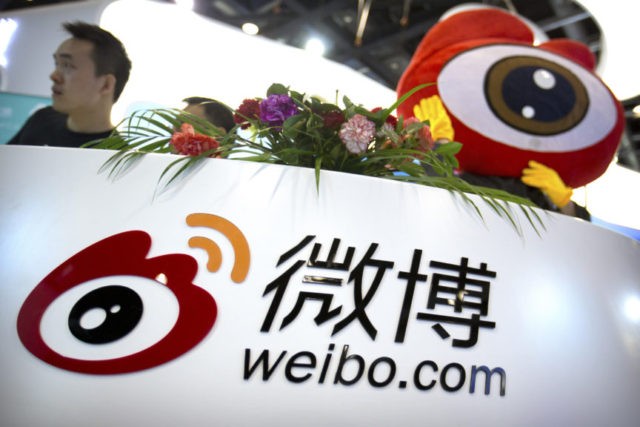China’s state-run Global Times defended a massive crackdown on social media users and triumphantly claimed on Tuesday the world is beginning to see things China’s way when it comes to speech controls on the Internet.
The Global Times portrayed China as a pioneer in “regulating the Internet to prevent social turmoil and division, and to curb the spread of extremist thoughts,” dismissing Western criticism of its speech codes as mere political opportunism and hypocrisy:
The US and other Western countries are also taking measures to deal with challenges in cyberspace governance. For example, US social media giant Facebook announced a partnership with France to police online hate speech on Monday. This shows that Western governments are also adjusting internet regulation according to their individual social practices. Such acts are important, and China wishes to exchange knowledge with the West in regulating cyberspace.
But the problem is: Western media always use China’s internet regulation to accuse Beijing of suppressing freedom of speech, as if they were the judges. This is not only unproductive, but will result in harm to their own cyberspace security as they lack cooperation with China in internet regulation. It’s hard to predict the future development of social media, but conditions don’t seem optimistic for the West.
The Global Times even managed to stare at the dark cloud of a Freedom House report warning about “the rise of digital authoritarianism” and see the silver lining of more countries embracing the Chinese model of online censorship:
Though containing a certain ideological tone, the report shows that stricter internet regulation will be an irresistible trend worldwide. Some people claim that the power of the internet can only be curbed by society itself without regulation by the state. Such opinion is idealistic. Internet without regulation is like a lawless country, destined to be filled with violence, hate and chaos. No country in the world can realize absolute freedom of speech in cyberspace.
Western countries have no right to teach China how to maintain social stability. Since no country will allow crimes and terrorism on the internet, why does the West always impose double standards on China? China is regulating the internet at its own pace, and we won’t refuse to communicate with the West as we all face challenges. Freedom of speech is highly valued in China, and it doesn’t contradict with China’s current regulation.
This is precisely the opposite of the message sent by the authors of the Freedom House report two weeks ago. They expressed concerns about the spread of “disinformation and propaganda” online, but they saw China’s iron-fisted solution as the worst remedy.
Freedom House suggested one of the most unfortunate side effects of “Fake News,” propaganda warfare, and random clowns posting junk on websites was giving authoritarian regimes like China an excuse to crush dissent and increase their cyberspace power. The authors’ references to China were not at all flattering:
China was once again the worst abuser of internet freedom in 2018, and over the past year, its government hosted media officials from dozens of countries for two- and three-week seminars on its sprawling system of censorship and surveillance. Moreover, its companies have supplied telecommunications hardware, advanced facial-recognition technology, and data-analytics tools to a variety of governments with poor human rights records, which could benefit Chinese intelligence services as well as repressive local authorities. Digital authoritarianism is being promoted as a way for governments to control their citizens through technology, inverting the concept of the internet as an engine of human liberation.
Throughout the year, authoritarians used claims of “fake news” and data scandals as a pretext to move closer to the China model. Governments in countries such as Egypt and Iran rewrote restrictive media laws to apply to social media users, jailed critics under measures designed to curb false news, and blocked foreign social media and communication services. China, Russia, and other repressive states are also demanding that companies store their citizens’ data within their borders, where the information can be accessed by security agencies.
Contrary to the Global Times’ assertions about the world beginning to agree with China on the importance of censorship, the Freedom House report celebrated the often-clumsy system of checks and balances in democratic countries for holding authoritarianism at bay.
“Securing internet freedom against the rise of digital authoritarianism is fundamental to protecting democracy as a whole. Technology should empower citizens to make their own social, economic, and political choices without coercion or hidden manipulation,” the authors concluded.

COMMENTS
Please let us know if you're having issues with commenting.